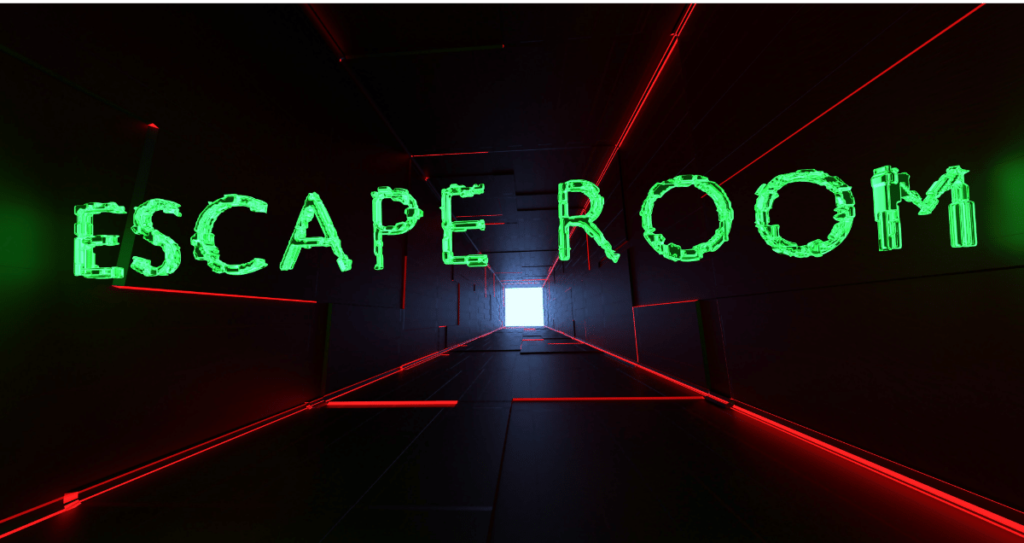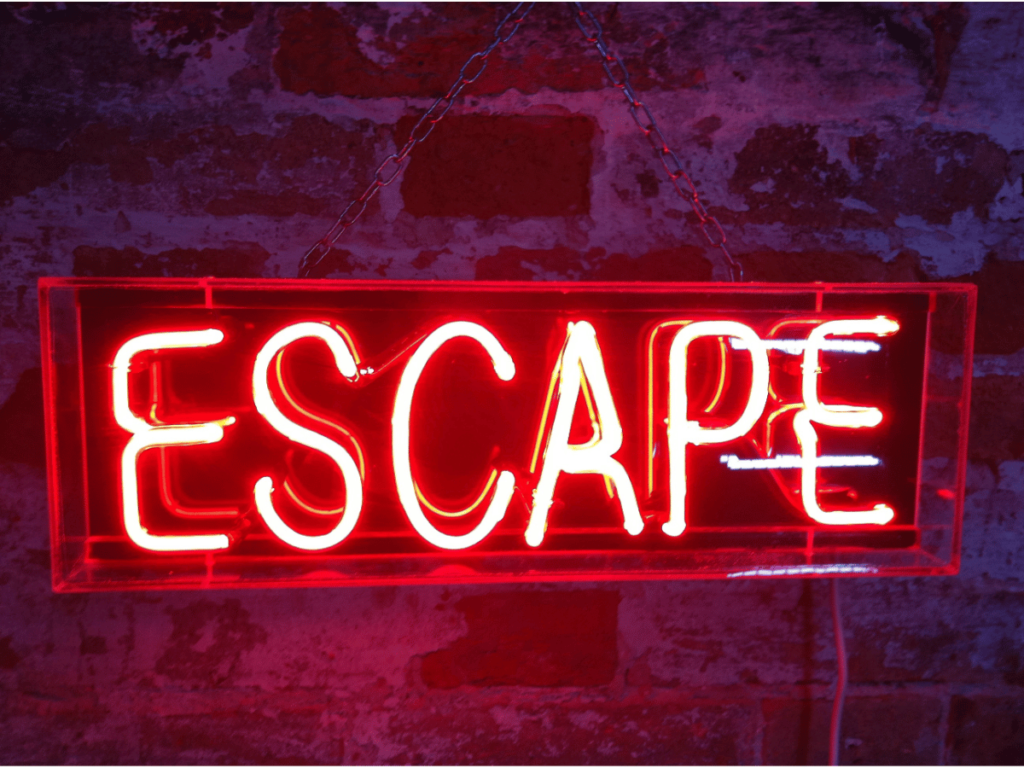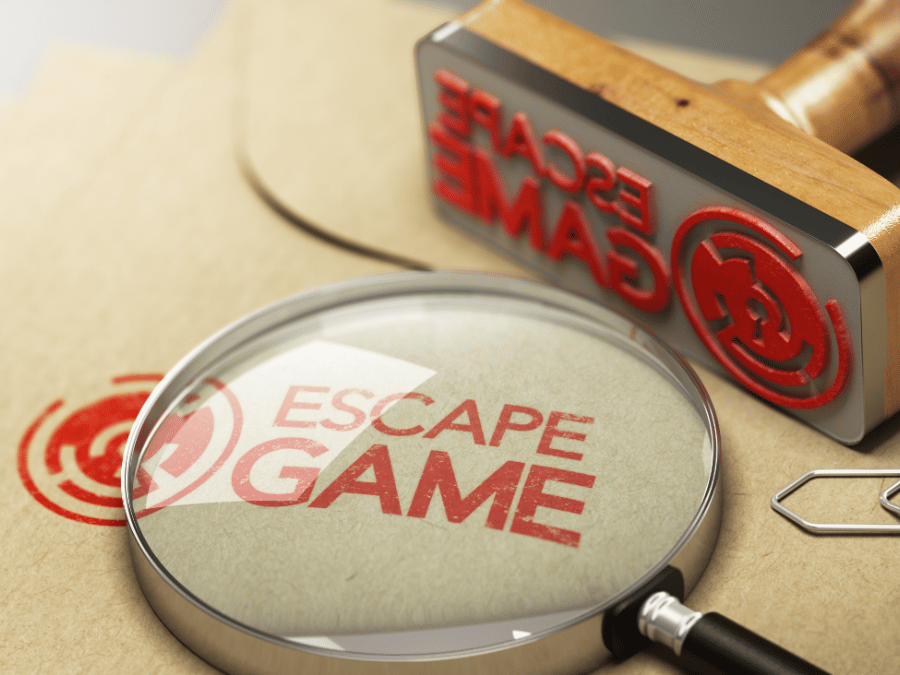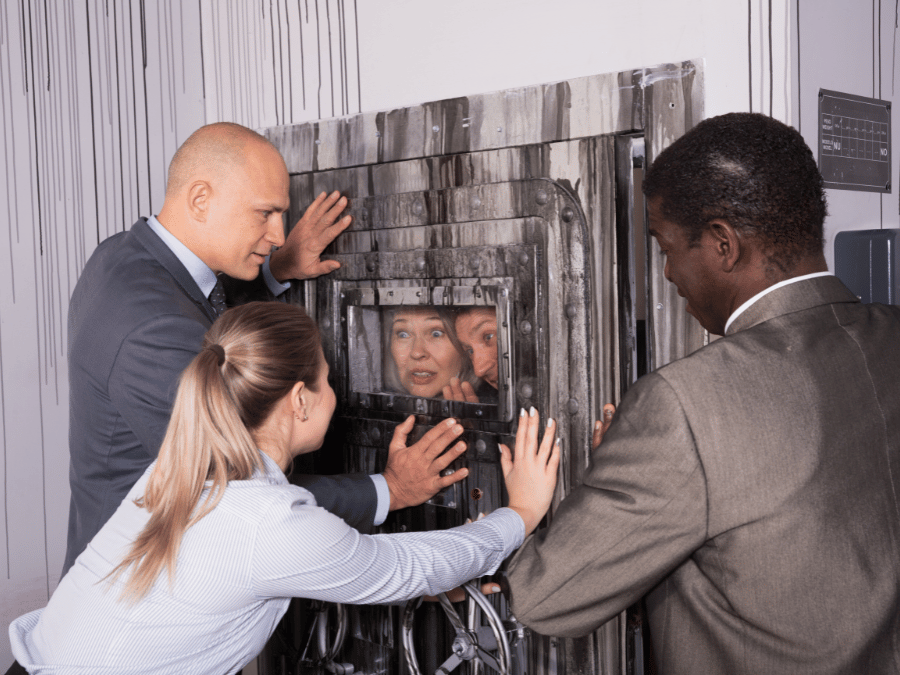
Escape rooms have become increasingly popular over the years as a form of entertainment and recreational activity. But did you know that they are also great for team building? In this blog post, we will delve into the reasons why escape rooms are good for team building and explore some of the best escape room activities for team building.
Benefits of Escape Rooms for Team Building
Escape rooms have taken the world by storm, offering a unique and immersive experience that goes beyond entertainment. They are more than just a fun way to spend an hour or two with friends; escape rooms have become a popular choice for team building activities. In this section, we’ll delve into the numerous benefits of using escape rooms as a team building tool.
Enhanced Communication
Within the confines of an escape room, effective communication is paramount. Team members are compelled to share ideas, clues, and discoveries. This fosters an environment where individuals must actively listen to one another, thereby improving their overall communication skills.
Problem-Solving Skills
Escape rooms are essentially a series of intricate puzzles that require creative problem-solving. Teams must work together to decipher clues, connect dots, and unlock mysteries. This challenges participants to think outside the box, improving their problem-solving abilities.
Team Bonding
Escape rooms encourage camaraderie as team members collaborate to reach a common goal. The shared experience of solving puzzles and “escaping” creates lasting bonds among colleagues, making it an excellent opportunity for team members to get to know each other in a relaxed, non-work setting.
Time Management
Escape rooms come with a ticking clock, adding a sense of urgency. This pressure forces teams to manage their time effectively, allocate tasks, and prioritize activities. These skills can be directly applied to the workplace.
Stress Management
The thrill and intensity of escape rooms can be a stress reliever for employees. It offers a break from the routine, allowing participants to unwind and have some fun, which can reduce workplace stress and improve overall well-being.
Leadership Development
Escape rooms give individuals a chance to step into leadership roles. It’s an opportunity to assess and develop leadership qualities as they guide their team towards the ultimate goal of escaping.
Adaptability and Flexibility
The unexpected twists and turns in an escape room teach participants to adapt to changing situations and stay flexible. This skill can be highly valuable in an ever-evolving work environment.
Boosted Morale
Successfully completing an escape room can give team members a sense of accomplishment. This boost in morale can carry over into the workplace, increasing motivation and productivity.
Diversity and Inclusion
Escape rooms bring people from diverse backgrounds and skill sets together. This promotes a culture of inclusivity and values the unique contributions of each team member.
Best Escape Room Activities for Team Building

There are many different types of escape room activities that are great for team building, such as:
1. Escape room challenges
This is the traditional escape room experience, where participants are locked in a room and must solve puzzles and challenges to escape within a set time frame.
2. Virtual escape rooms
These are online escape room experiences that are designed to be completed remotely. They are a great option for teams that are working remotely or are geographically dispersed.
3. Themed challenges
These are escape rooms that are designed around a specific theme, such as a murder mystery or a heist. Themed challenges offer a fun and immersive experience that is sure to engage participants. Most escape rooms have a theme, but you can review the list of games to find one that’s perfect for your group specifically. For example, if your team works in the medical field, why not pick an escape room about a psychotic, murdering doctor? Is your team made up of history buffs? Pick an escape room about a historical figure like Houdini! The possibilities are endless.
4. Virtual reality escape rooms
For a cutting-edge and highly immersive team-building experience, virtual reality (VR) escape rooms offer an exciting option. These rooms leverage advanced technology to transport participants to virtual worlds where they must work together to solve puzzles and complete challenges. By putting participants into an entirely new world, VR escape rooms offer an opportunity to overcome challenges you’ve never experienced before.
When selecting the best escape room activity for your team, consider your team’s interests, objectives, and the desired level of challenge. No matter which theme you choose, escape rooms are sure to provide an unforgettable and enriching experience that strengthens bonds, enhances problem-solving skills, and promotes effective teamwork among your group.















